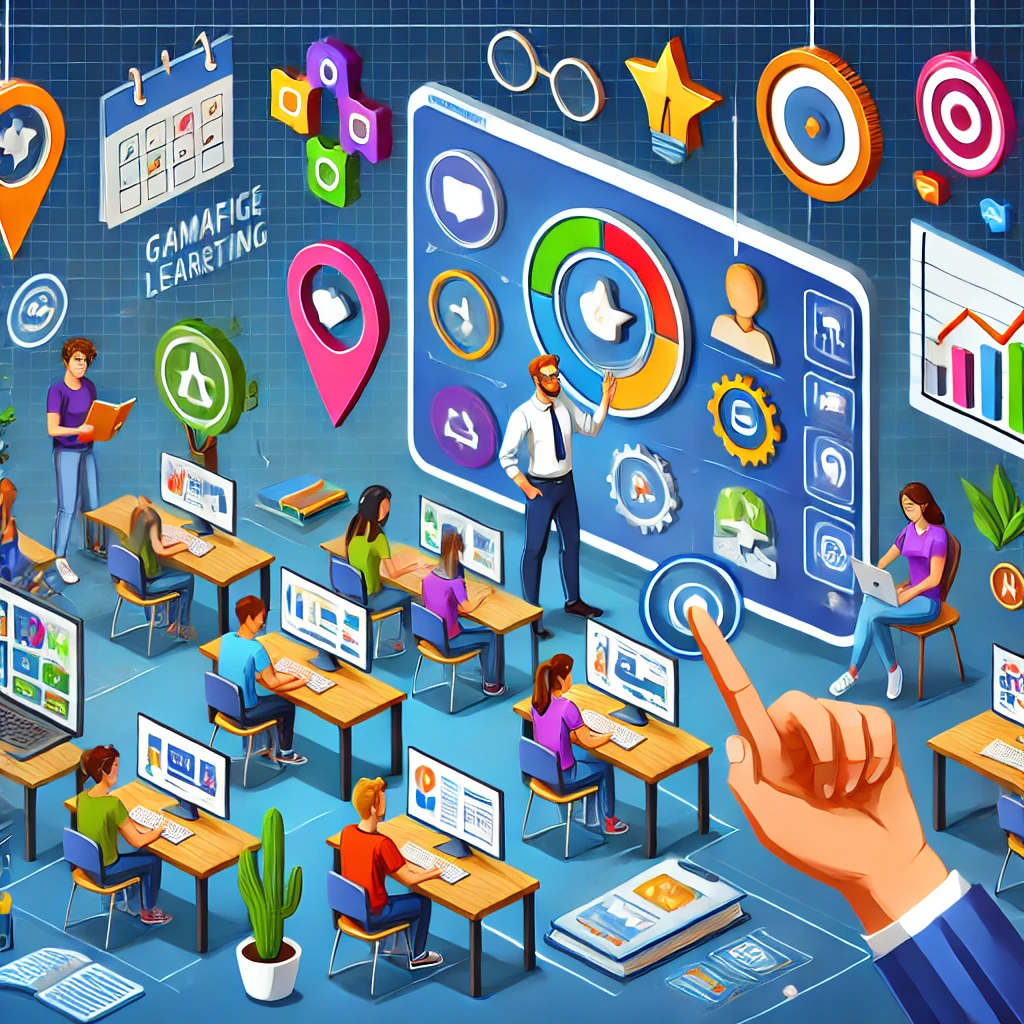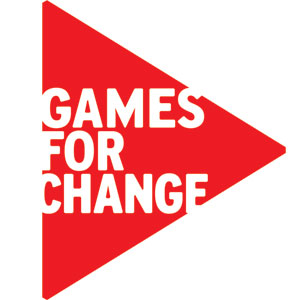Can gamification fix our education system?
A recent Forbes Article offers an interesting take on the value of gamification technology as one fix in our broken education system. Games and technology are often the source of the very distractions that impede learning, but can they also be agents of engagement for the current generation of gadget-savvy school kids?
“Yes and no” is the answer
The author Shravan Goli claims that “games are a tool” and their value “depends on how they fit into our overall (education) strategy.”
Another study “Gamification in Education: What, How, Why Bother?” by Joey J. Lee and Jessica Hammer of the Teachers College at Columbia University acknowledges the “major problems around student motivation and engagement.” However, the successful incorporation of game elements into educational settings really depends on a clear understanding of just how it can be useful.
A gigantic growth in education technology
One educational TV web site, KQED, highlights an explosive growth in educational apps recently. Astonishingly, over 80% of the Education apps in the iTunes Store target school children. Last holiday season saw the release of several engaging games to keep school kids’ brain cells percolating. The most educational of the games released promoted writing, science and computer programming skills in an interactive, gaming environment.
Gamification promotes entrepreneurs and fills a vacuum
Could entrepreneurs be better partners with the government when it comes to the future of education? In another Forbes article, Goli says our system is falling short when it limits education reform discussion to the public policy realm. Goli states: “Our real hope for giving our kids an edge lies in the interactive, personalized learning tools that entrepreneurs are developing.”
So to save our education system, Goli urges that government join in and help “defragment” private sector efforts. What the private sector has to contribute through gamification and other commercial software products is focusing on the skills our current education methods often neglect: the career components of communication, collaboration and leadership.
Games promote optimum learning through reward motivation
One education guru, Dr. James Paul Gee, gets to the heart of the matter. Learning does not occur, Gee asserts, unless there is some motivation involved. The motivation, in turn is always within the context of reward. That reward can be a fun experience and competition for points, for example; but in the end, Gee notes that gaming can give students a better feel for esoteric and abstract subjects like Algebra. The article sites one study where 3,500 Chinese students, who used digital games to learn English – 95% of the teachers involved in the study said that this example of gamification improved student motivation.
Back to the future of gamification
Whether the American education arrives to the “yes” or the “no” answer on whether gamification can help save an educational system that is clearly in trouble depends on using all the tools we have. Gamification is clearly a part of the array of helpers in employing student learning styles and keeping them involved and motivated.
Image by cdsessums









